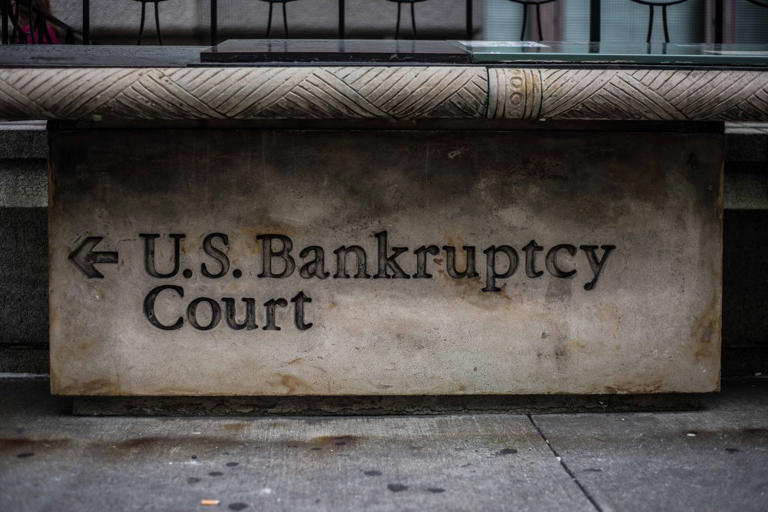In a significant legal development, Bankruptcy Judge Marvin Isgur of the U.S. Bankruptcy Court in Houston delivered a decisive verdict on Wednesday, ordering Incora to unwind a contentious 2022 financing deal that had been a focal point of dispute among its bondholders. The ruling, a setback for investment firms such as Pimco and Silver Point Capital, who spearheaded the debt transaction, favored bondholders initially excluded from the arrangement.
The crux of the issue dates back to 2022 when Incora, under the ownership of Platinum Equity, executed a complex debt exchange. This move allowed the company to secure $250 million in financing from a consortium led by Silver Point and Pimco. The financing deal was part of a broader strategy aimed at restructuring Incora’s debt obligations, extending bond maturities, and bolstering its capital structure. However, the transaction drew immediate scrutiny and legal challenges from other bondholders who were excluded from participating.
Central to Judge Isgur’s ruling was the determination that Incora lacked the necessary authorization under its existing debt agreements to proceed with the debt exchange as structured. This finding reverberated throughout the bankruptcy proceedings, effectively nullifying the 2022 financing arrangement and restoring first-priority liens to the previously marginalized bondholders.
The excluded bondholders, including major financial entities like JPMorgan Chase, BlackRock, and an affiliate of Golden Gate Capital, had vehemently opposed the selective nature of the debt exchange. They argued that the transaction unfairly advantaged Silver Point and Pimco, diluting their own claims to Incora’s assets and undermining their voting rights in the restructuring process.
Judge Isgur’s ruling highlighted the importance of adhering to the stringent voting requirements outlined in corporate debt agreements. He emphasized that Incora failed to secure the requisite two-thirds majority approval from bondholders needed to issue new notes as part of the debt exchange. Despite gaining support from a simple majority of bondholders, the company’s failure to meet the higher voting threshold rendered the transaction invalid under the court’s scrutiny.
The fallout from the ruling necessitates a substantial overhaul of Incora’s reorganization plan, which had initially proposed granting a significant portion of the company’s equity to participants in the 2022 debt deal. This plan, contested by excluded bondholders throughout months of courtroom proceedings, now faces revision to accommodate the equitable distribution of assets among all creditors.
The legal battle underscored broader concerns within the financial community about the fairness and transparency of creditor relations in corporate restructurings. Such conflicts, often labeled as “creditor-on-creditor violence,” have become increasingly prevalent as companies navigate complex financial maneuvers to stave off insolvency and maintain operational continuity.
Looking ahead, Incora, formerly known as Wesco Aircraft Holdings, must navigate the aftermath of this ruling as it revises its reorganization strategy and engages with stakeholders to forge a consensus on the equitable resolution of its debts. The outcome of this case is poised to set a precedent for future corporate debt restructurings, emphasizing the critical role of judicial oversight in upholding contractual obligations and protecting the interests of all creditors involved.
